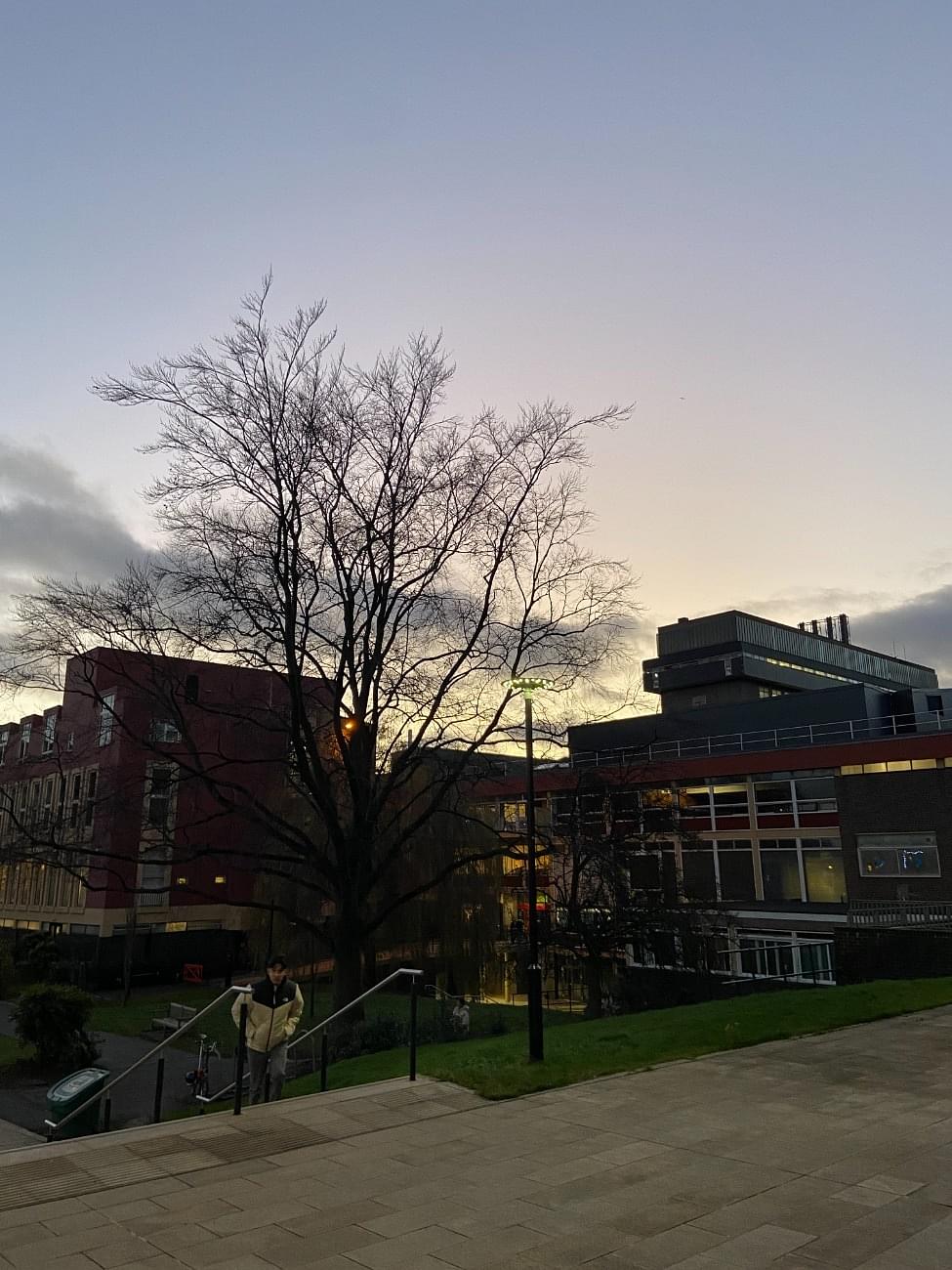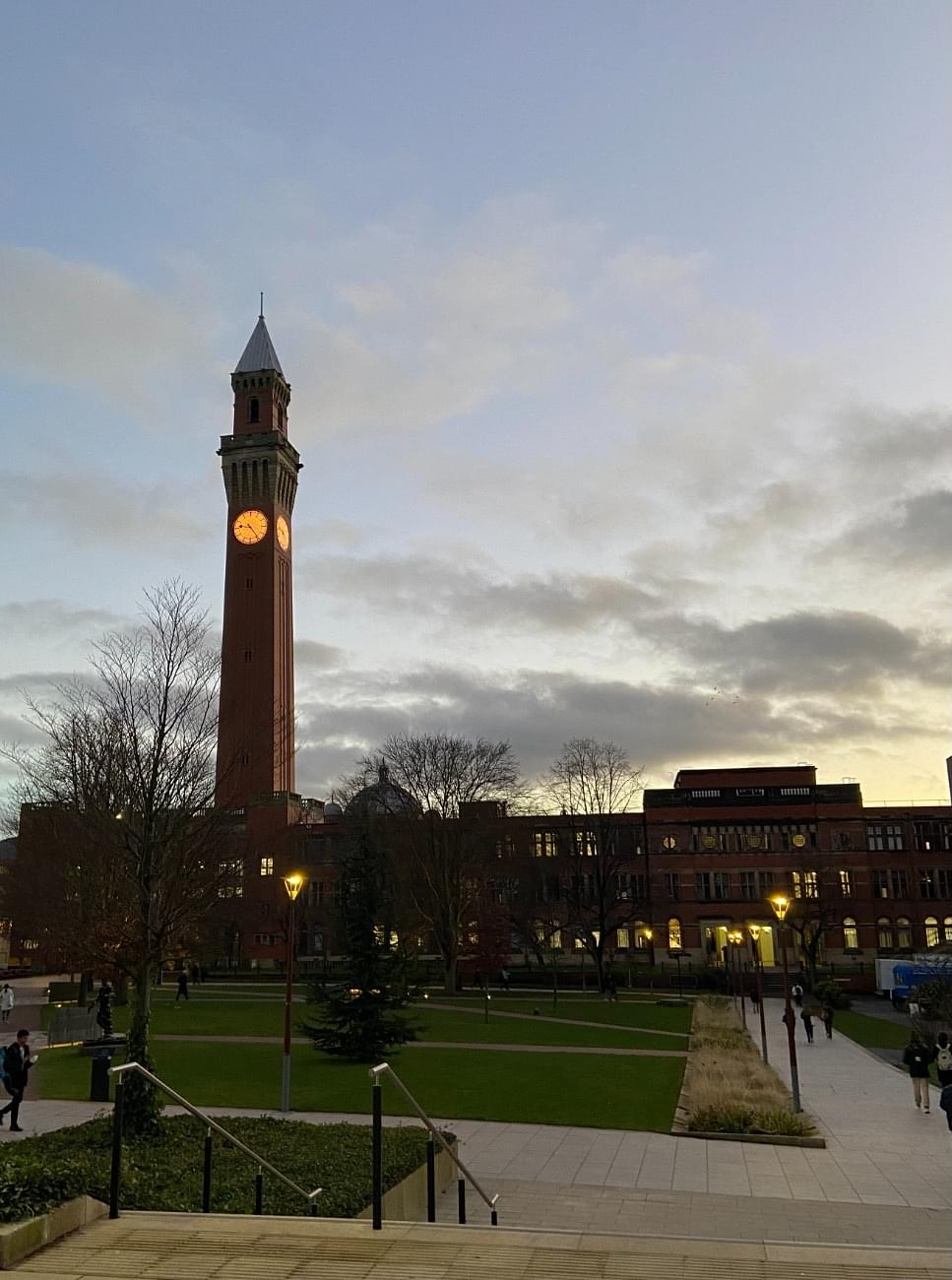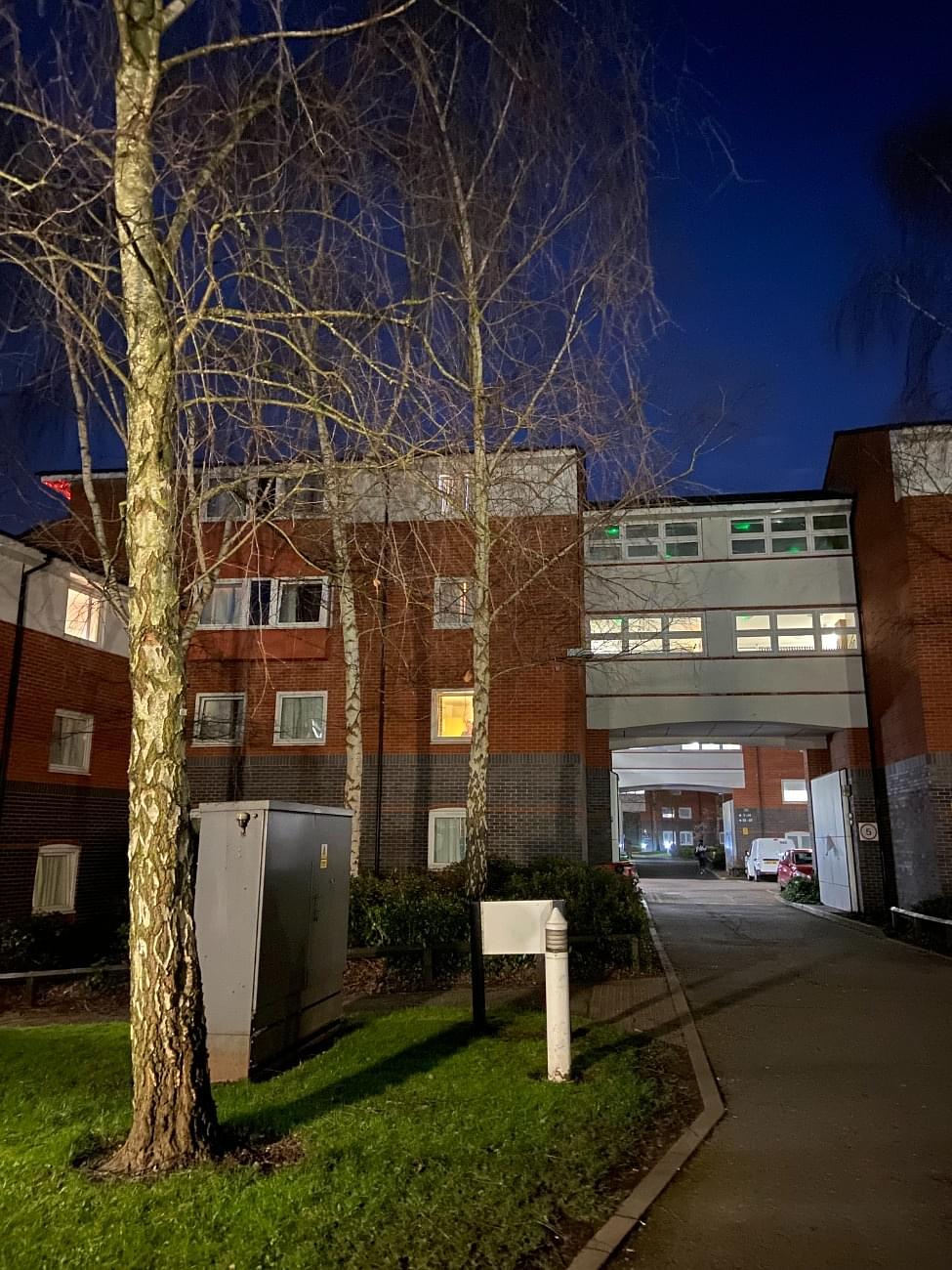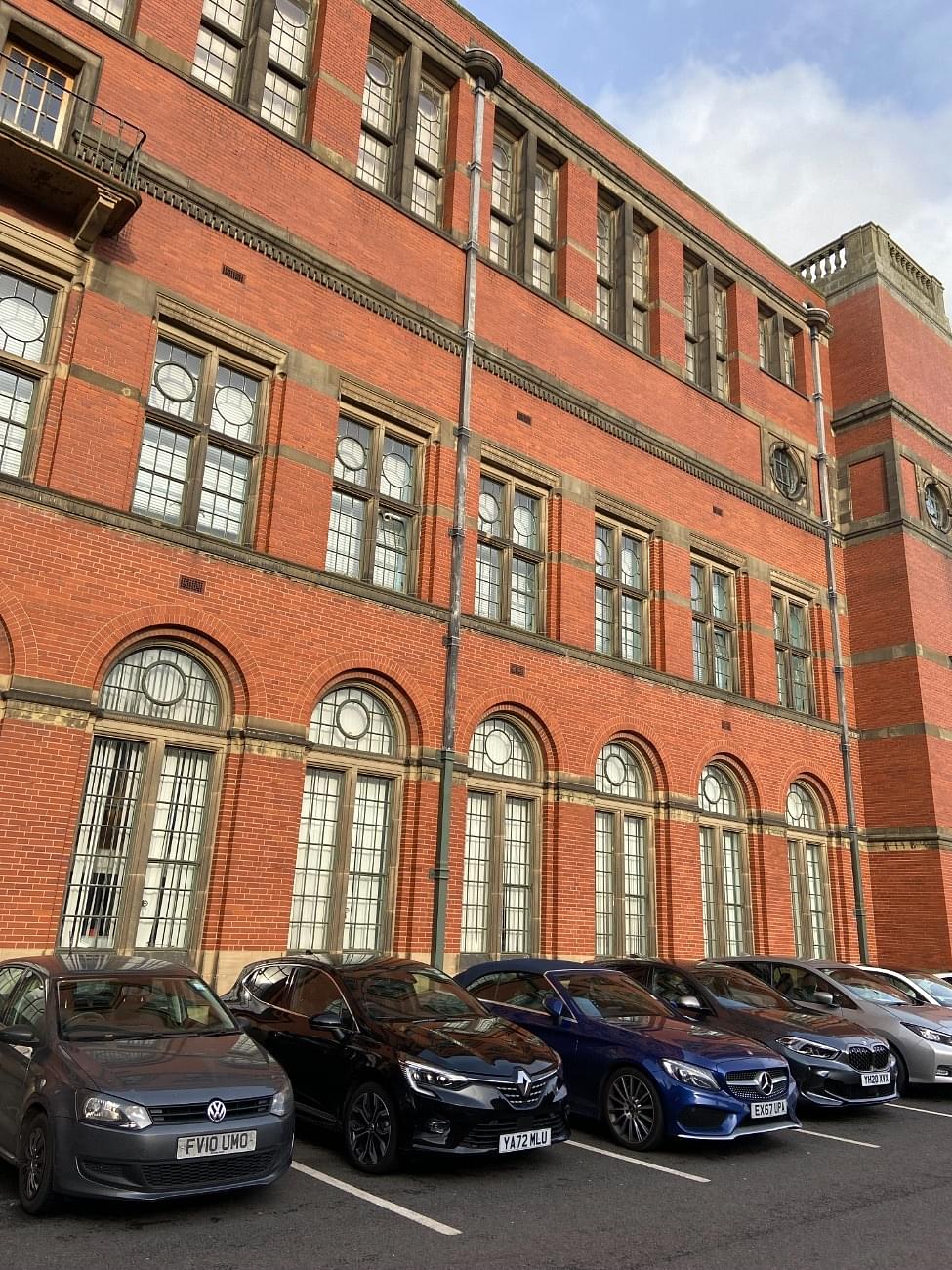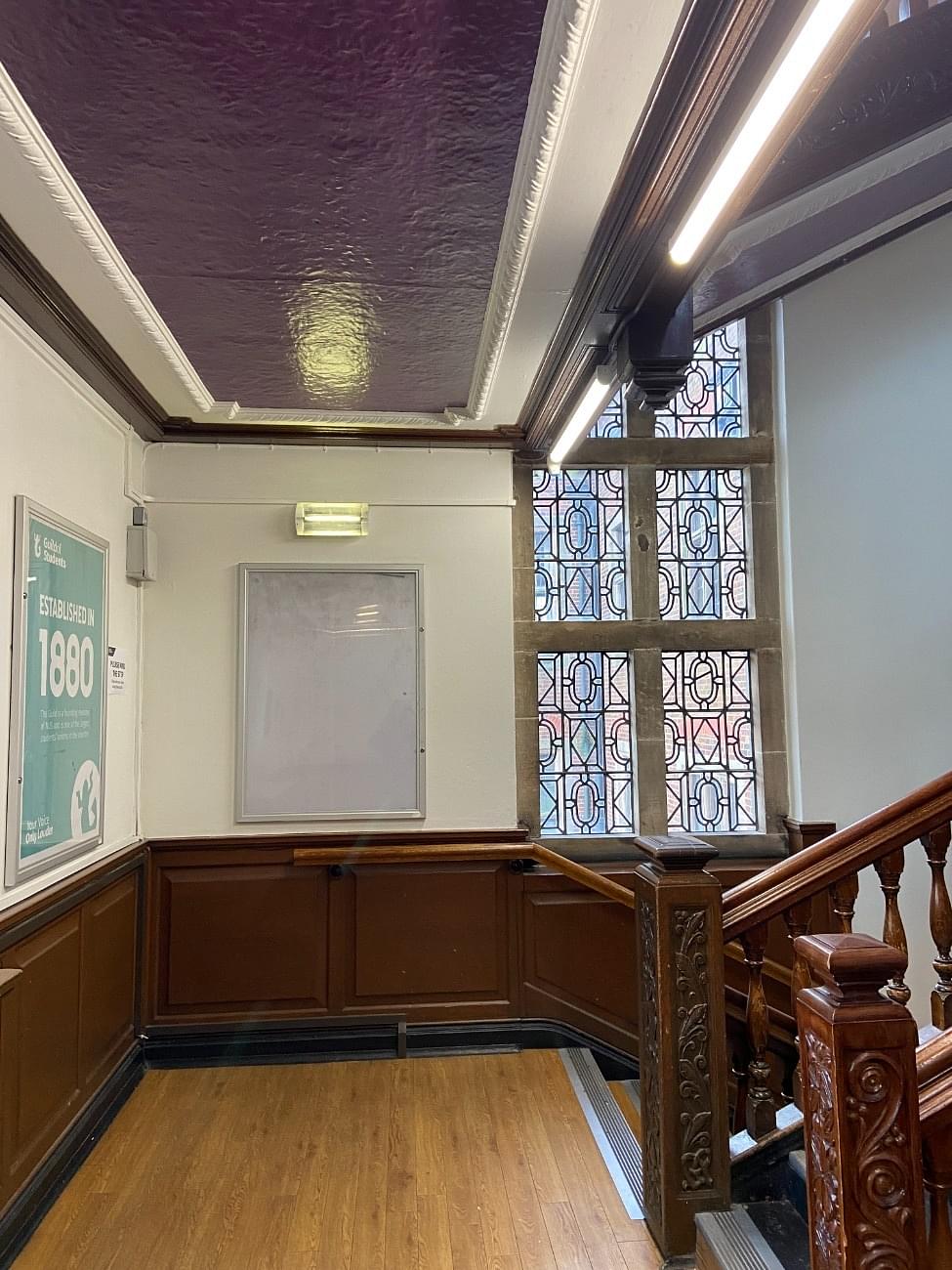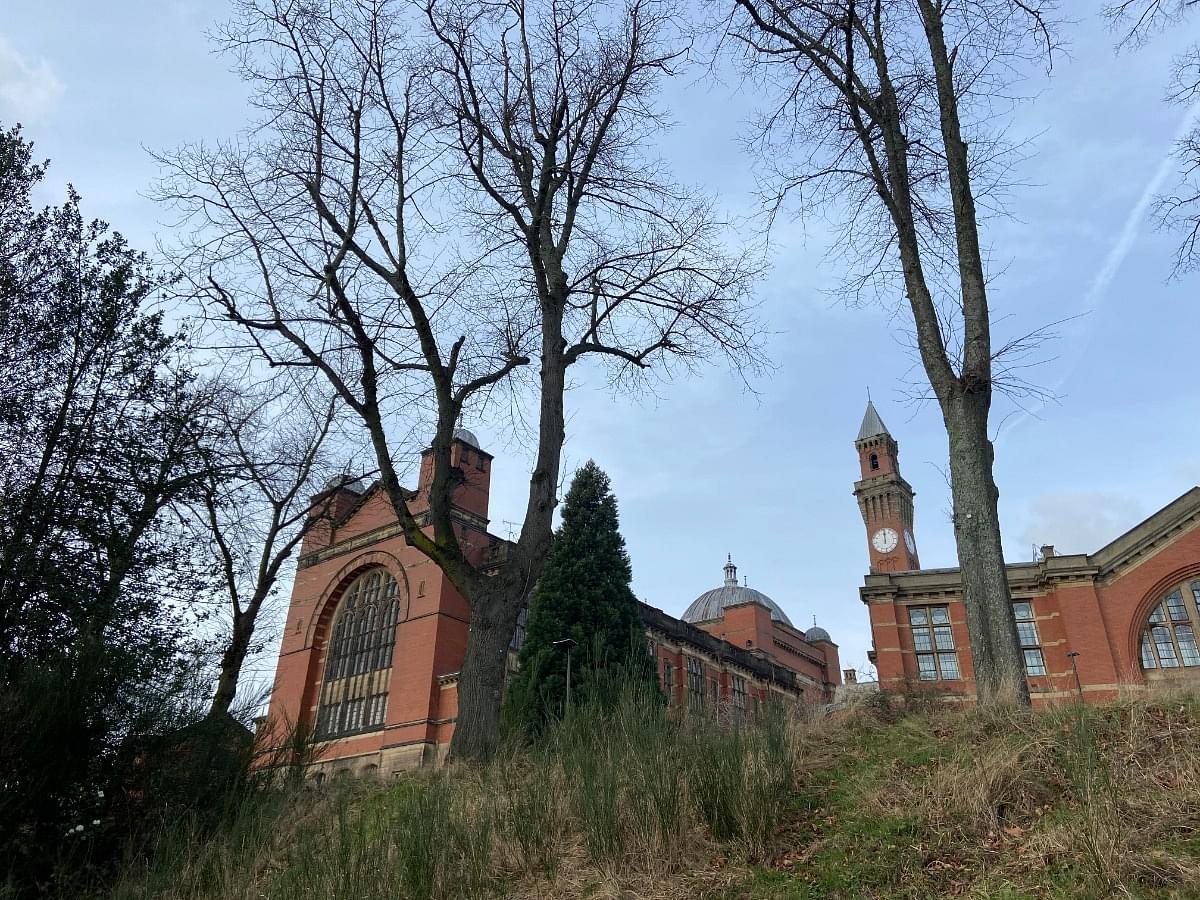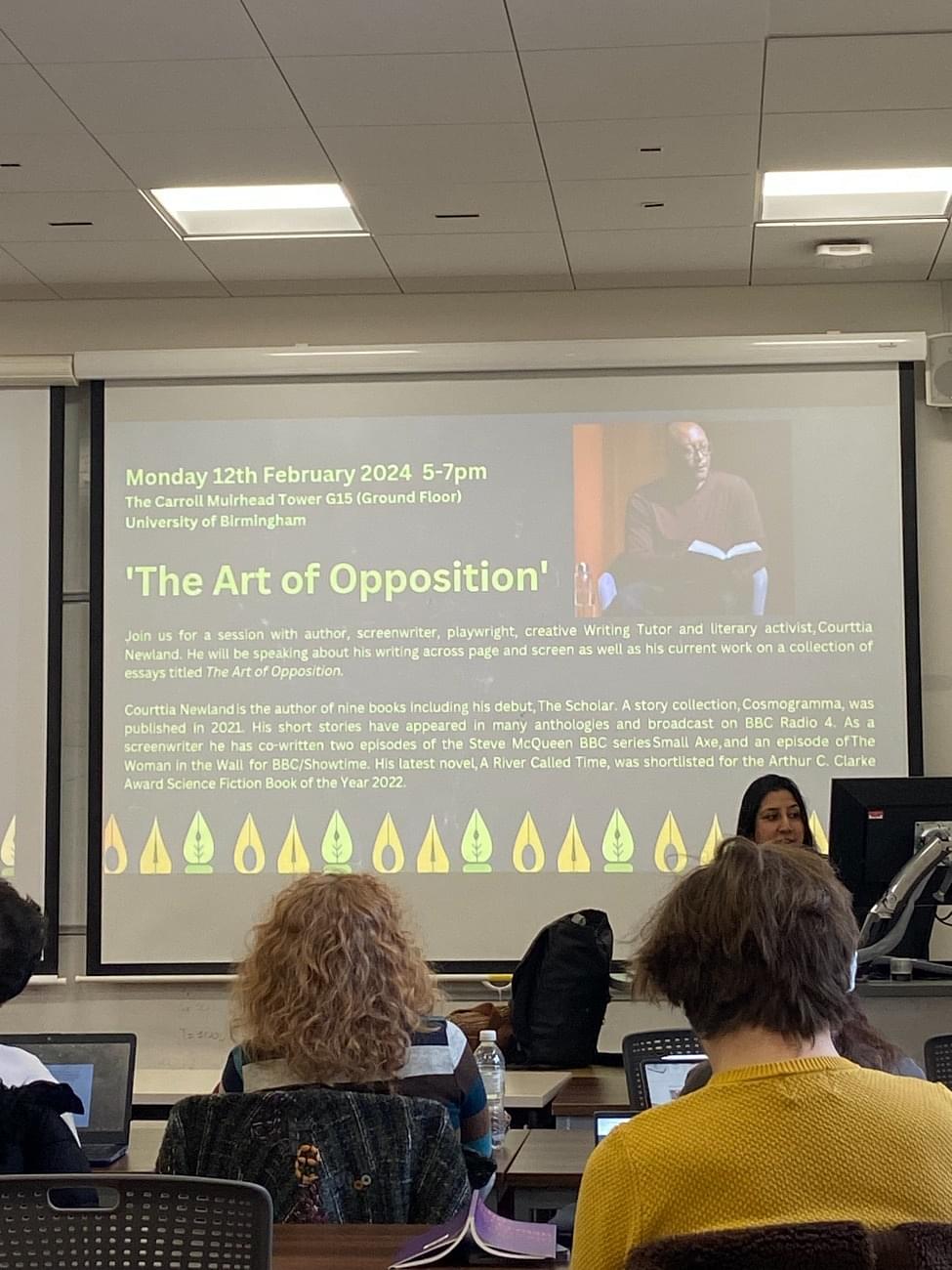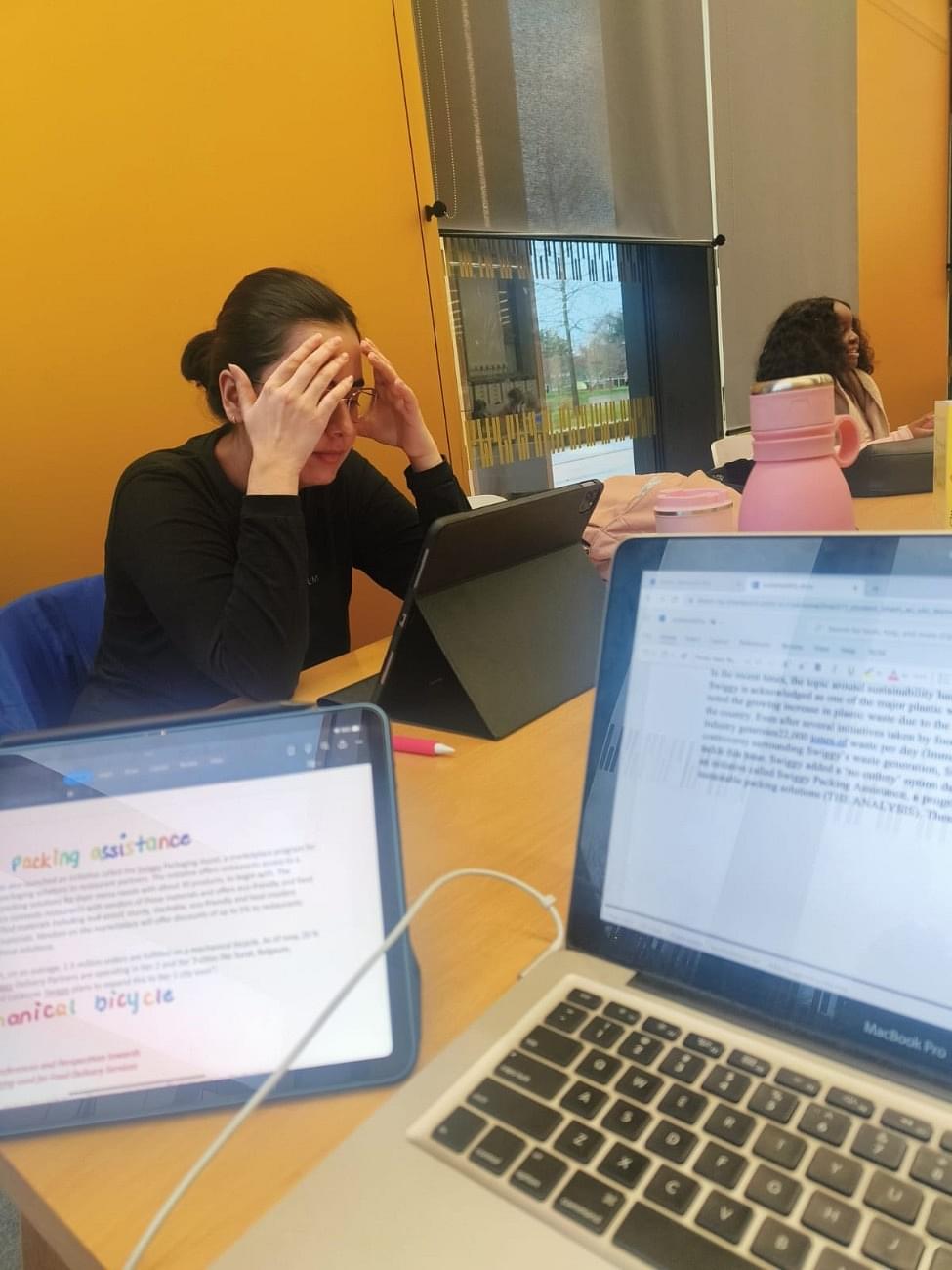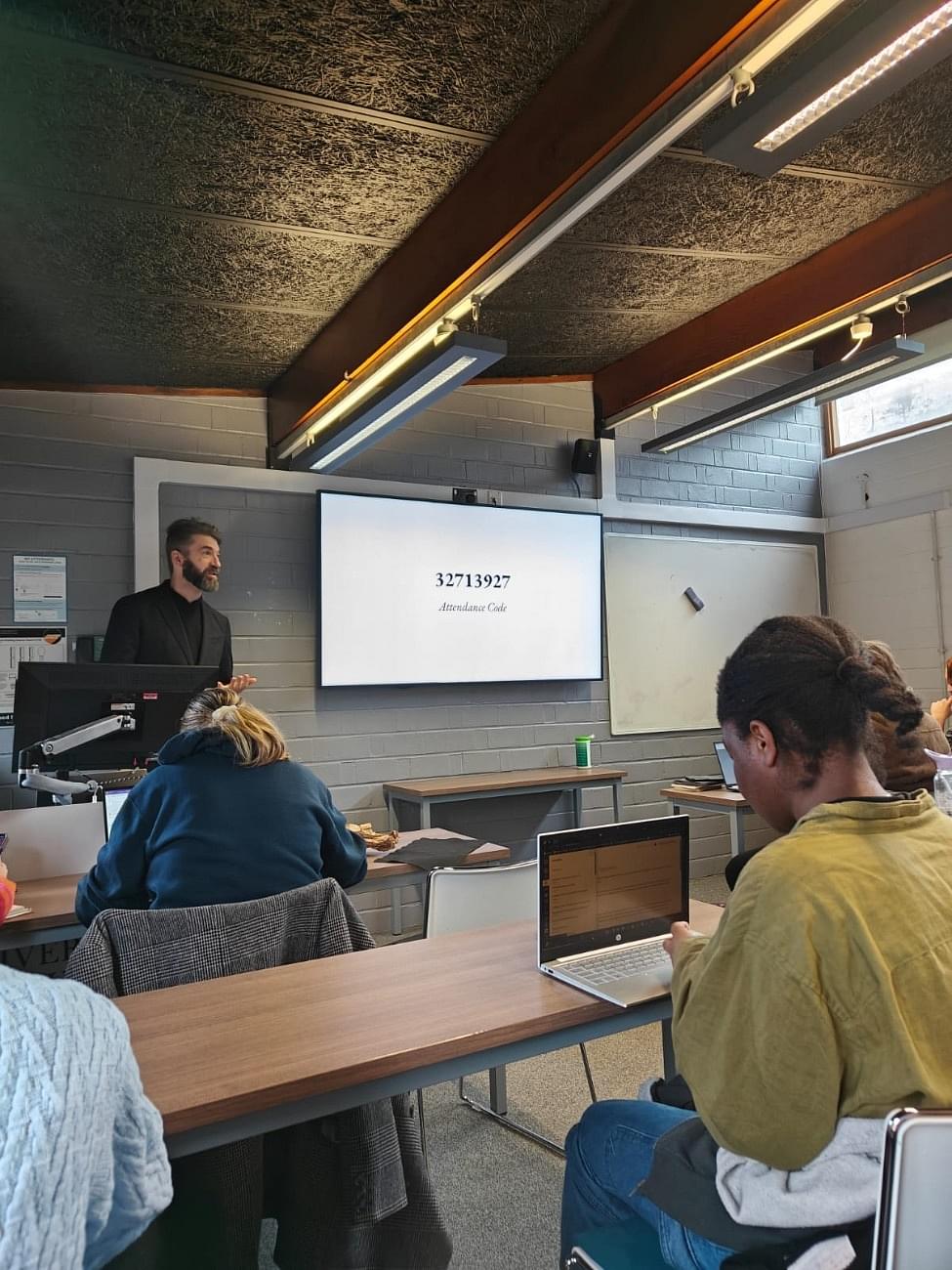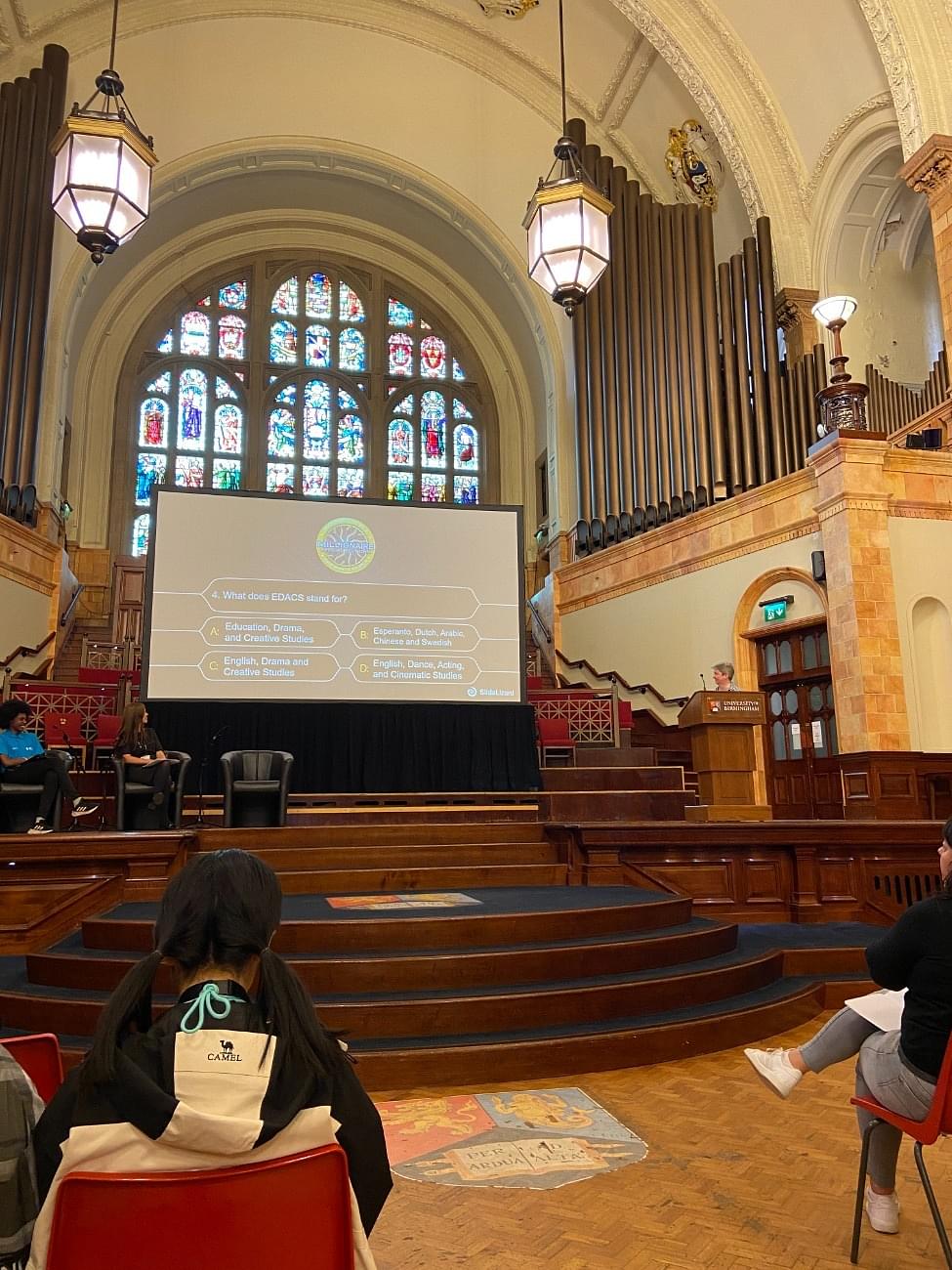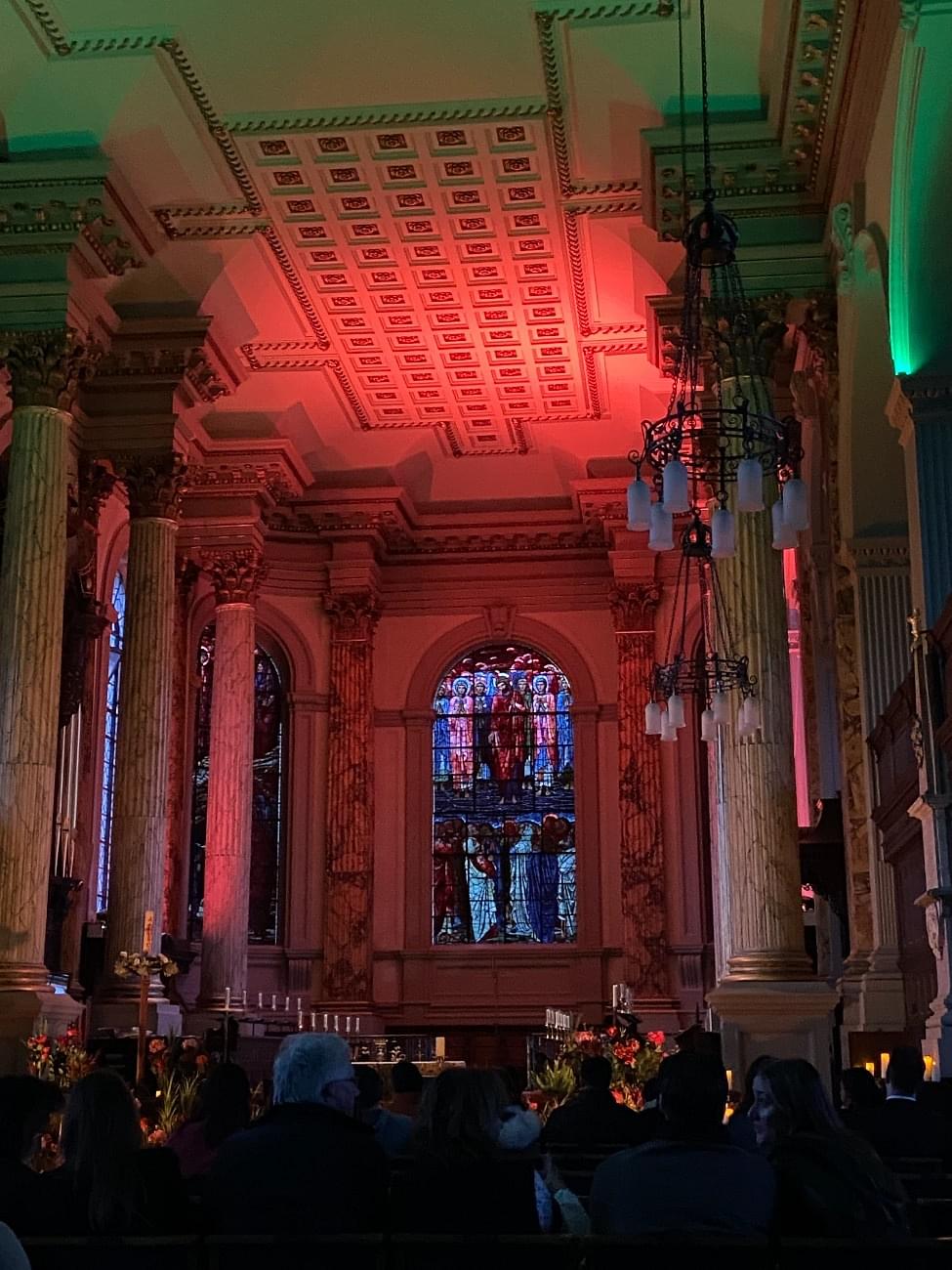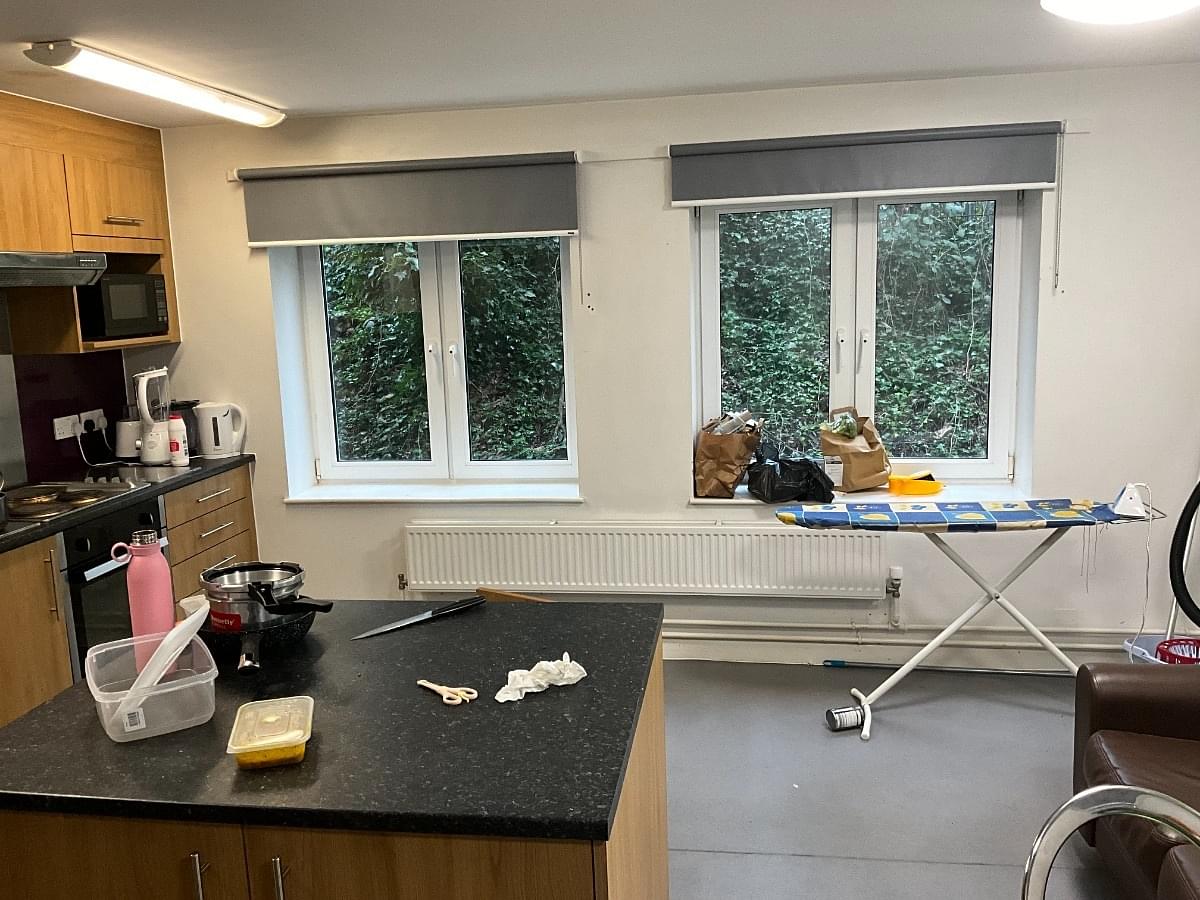What Students Say
Likes
- First, to start with the superficial, the campus is beautiful - green, situated on a hill and a mix of modern and archaic architecture.
- The professors are so understanding and well-read, it is amazing just to chat with them, let alone hear them in a classroom.
- The students were of a variety of ages, something you don’t usually see in India. My youngest classmate was my age (22), while the oldest was 52! This presents the students with a range of experiences and ideas when we do group tasks.
Dislikes
- The weather felt dry and too cold all the time, especially when the university is situated on a hill. You must hit the gym before you join uni!
- The extremely polite nature of the professors sometimes made the discussion hours a bit futile. I appreciate the soft criticism, but often it felt that the real matter is not coming to the surface.
- The campus sometimes felt too big - you must leave for class way before you plan, because you probably will be late!
Scholarship Received
Course Curriculum
- My course was theoretical, but since it was creative writing, they encouraged us to experiment a lot. It was tough in the sense that we had to learn new techniques of writing every week and the self-studying (reading) had at least 10 books a week.
- The scheduling totally depends on when your professor is available. My classes were either at noon or in the evening. My class had an average of 45 students.
- Most courses have many more, though. My course had a total of 5 Indian students, but courses like Marketing had at least 100 indian students. Moreover, the flats I lived in were on the campus and issued by the university—we had 60% of Indian students residing there.
Admission Experience
- I applied to 5 universities. University of Birmingham, East Anglia, Bristol, Warwick and Leeds. I actually applied pretty late (May), so I was aware that most unis would have already been filled, but i still got into one of my choices! I was rejected from Leeds, but I accepted Birmingham the day I was given the offer, as I was okay with any of the five I chose! I did not wait to see the rest of the universities’ decisions.
- It is one of the best universities for Creative Writing. It is also a Russell Group university, which is a list of prestigious colleges in the United Kingdom; it has a list of only 24 universities. If we look at the best Universities’ rankings worldwide, the University of Birmingham stands in 81st place as of 2025. The course I was interested in had a great syllabus too!
- I applied to the September intake. I went there in September 2023. The september intake is usually preferred by most students, as it includes the most courses and students. I applied, officially, in May, around 15th May, after i gave my IELTS around 8th May, 2023. The moment I got the results I applied and received a conditional offer letter on 29th May – their team is pretty quick! I then had to make some changes to my application and soon received the unconditional offer!
Faculty
- The total number of professors I had was 4, excluding the mentor I was assigned during the dissertation period. I had 2 major subjects in each of the 2 semesters – the 3rd and last semester was for dissertation – so it is a trimester system for master's courses. The teaching was never affected, as everyone was sincere and there were around 45 students, or fewer, in each class.
- The creative industry is tricky when it comes to securing a job. It is uncertain and rollercoaster-like. To secure a job in the arts, your professors cannot help you a lot. They can only provide knowledge and mine did. They were very helpful and fascinating teachers.
- Yes, the university has portals where they would post about industry-related or part-time jobs to make money. You can also subscribe to weekly email alerts!
- My favourite professor was Dr Kavita Bhanot. Dr Bhanot is a fierce and knowledgeable woman – she opened my eyes to decolonisation and the white gaze during my studies. she has also written many books, one including ‘Violent Phenomena’, which talks about her experience in the translation industry – the racism and the hurdles native translators have to face to be in the translation and the publishing industry.
Campus Life
- There is one, the main one, in Edgbaston, Birmingham, and there is one in Dubai.
- Every facility is available on the campus. There are many cafés and eating spots (based on your budget); there is a gym where you can spot olympic atheletes, you will even find a place to get bikes and your glasses (specs) fixed right on the campus!
- The buildings are spacious and all have vending machines for quick snack breaks while you study! I am an introvert so I did not go to many events, but Christmas celebrations are huge on the campus – they even put various rides right in the middle!
Part Time Jobs
- You can get TA jobs, i think, but for that your course probably has to be practical or teaching-based. I was a Creative Writing student, so this was never my aim and hence, I did not search for it. You can get part-time jobs on and off campus – the working hours depend on your Visa limitations. My Visa allowed me to work for 20 hours a week. It is a bit tough to secure on-campus jobs, as it is competitive!
- The hourly pay is around £12, as much as I recall, but of course, it varies from place to place. Everything is done online when it comes to applying for on-campus jobs. But if you want to work at, say, a restaurant, you could either go in person or apply from various apps and websites. Certain jobs pay more, depending on the hours you are willing to work. I have heard different accounts from people.
Placement
- As mentioned before, the creative industry works very differently from other industries. There are no job placement guarantees in my course. But i know that courses like the MA in teaching have secured job experience and jobs that they provide for the students.
- My course definitely uses networking as the main method to find experience and jobs in this industry. I networked my way into interning at Penguin Random House India, and I am sure my degree had much to do with it!
Accommodation
- My accommodation was on the campus, university-issued. It was the closest to the university. My rent was attached to my fees, so everything was paid on a 3-month basis through the payment plan that you can find on the website and portals of the university. I found my accommodation on the university website itself. I did not find any particular challenges.
- I would recommend University issued accommodations, as when you are taken care of by the University, you don’t have to take care of fixing any water or electricity issues - everything is covered in the fees. The security is also better, I would say. But if you choose some other accommodation, the fees could be lower.
Exams
- I had good grades in my Bachelor of English Honours degree, so that counts. They required a CGPA of at least 7. Then I took IELTS, in which I scored a total of 8.
- The university, for this specific course, had the requirement to score at least 7 in the writing part of the IELTS exam, so be cautious of that! The documents – the usual – all of your grades, birth certificate, your taxes, etc. They will guide you through it!
Fees
- My course fees were originally £22,000, but due to the £2,000 scholarship, they were reduced to £20,000. I had my own room in my flat; there are many more options - to share bathrooms, etc.—but I had all of the private options, which cost me around £8,000. I had chosen the 3-month payment plan, which costs a bit more than if you choose to pay all the fees together.
Scholarship
- Yes, I got a scholarship of £2,000. It was a region-based scholarship. It helped many students a lot; most of my friends received it. Fortunately, it has been increased to £5,000 due to the 125th Anniversary of the very first red-brick university, i.e., the University of Birmingham’s birth, and the university wishes to ease international students’ burden a little bit more.


